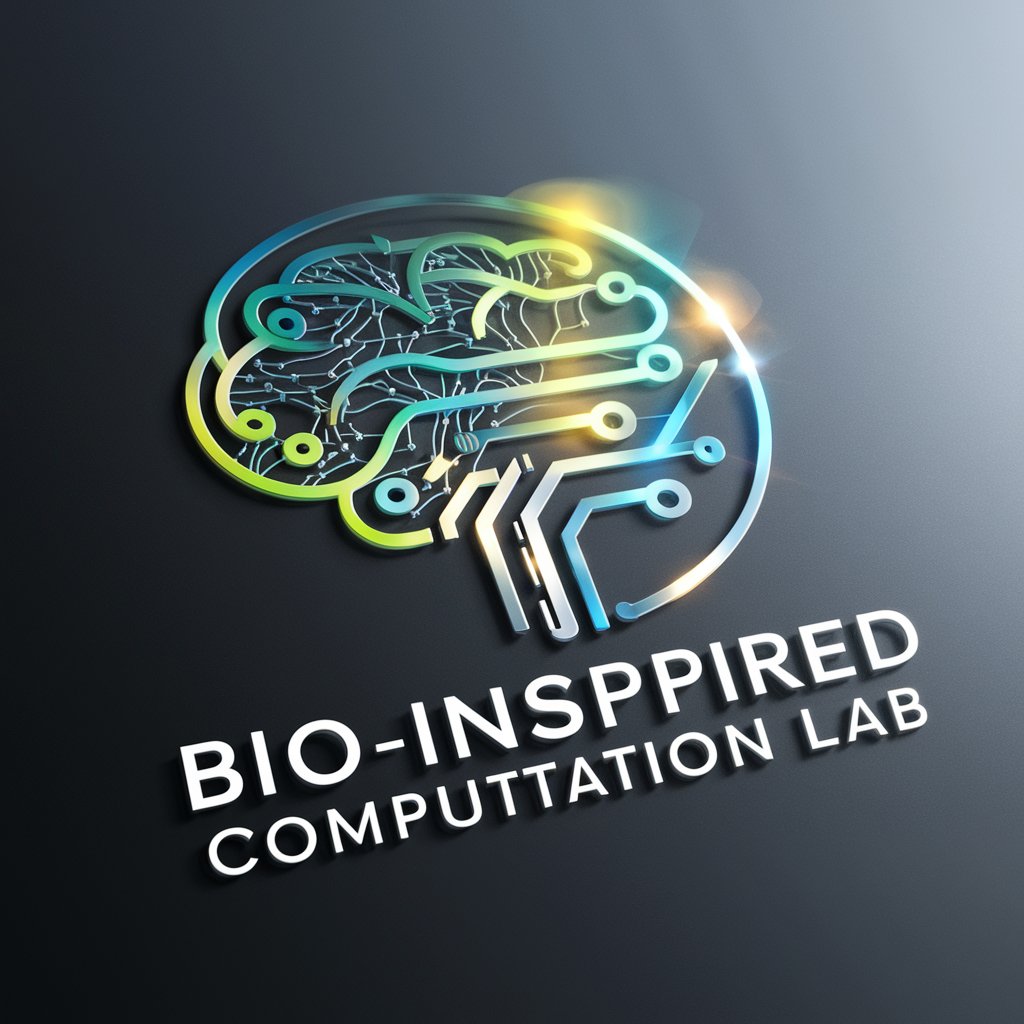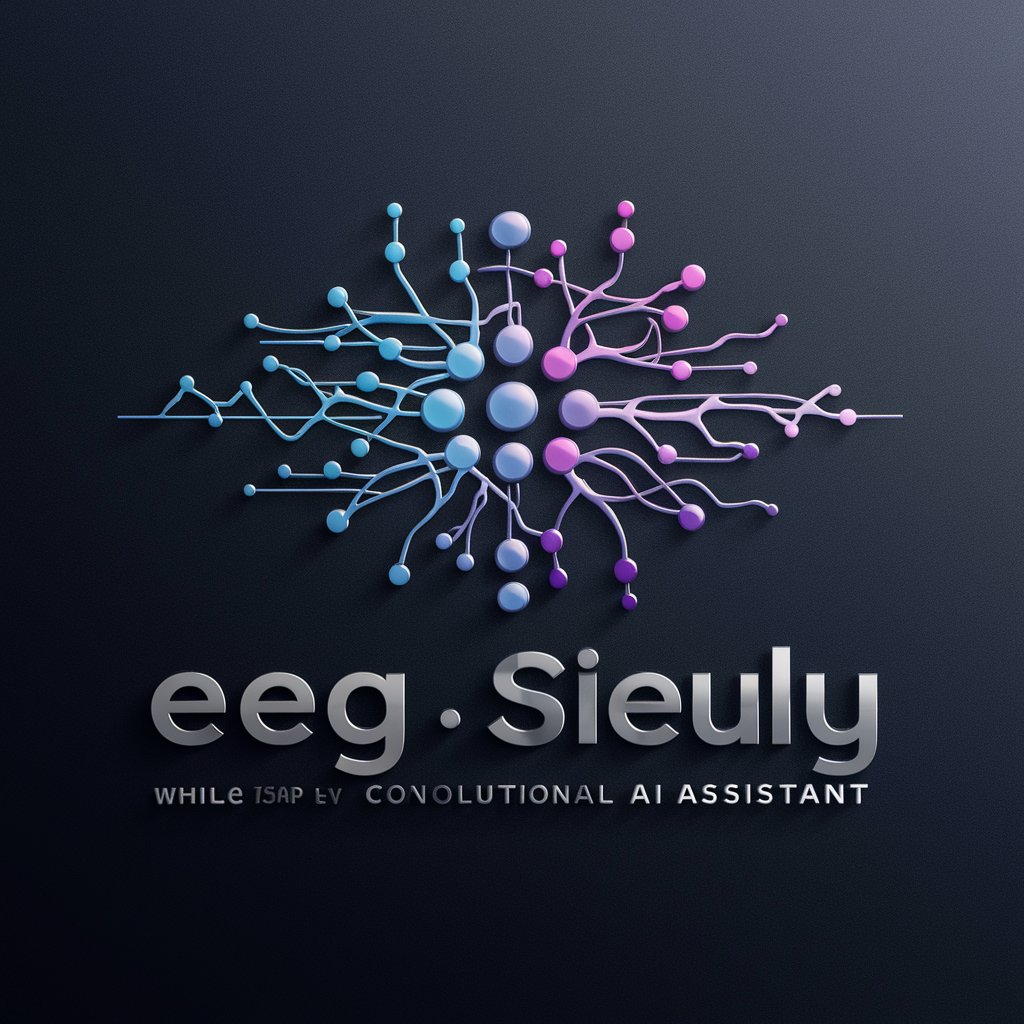2 GPTs for Neuromorphic Computing Powered by AI for Free of 2026
AI GPTs tailored for Neuromorphic Computing are advanced generative pre-trained transformers designed to interact, understand, and generate responses or outputs specifically relevant to neuromorphic computing. This involves simulating the neural structures and functionalities of the human brain to create more efficient and adaptable computing systems. GPTs in this context are programmed or trained with a focus on tasks and topics related to neuromorphic computing, leveraging their language processing and generative capabilities to provide insights, solve complex problems, and support research and development in this innovative field.
Top 2 GPTs for Neuromorphic Computing are: Bio-Inspired Computation Lab,SpikingJelly使用助手
Key Attributes of AI GPT Tools in Neuromorphic Computing
These GPT tools exhibit adaptability across various complexities within neuromorphic computing, offering features such as advanced language understanding, technical support for developers, and capabilities for web searching, image creation, and data analysis. Special features include their ability to learn and simulate neural networks, providing a bridge between traditional computing structures and brain-like computational models. They can dynamically adjust to new information, mimic human-like reasoning, and support intricate problem-solving tasks.
Who Benefits from Neuromorphic Computing AI GPT Tools
The primary users of these AI GPTs include novices interested in learning about neuromorphic computing, developers looking to incorporate neuromorphic principles in their projects, and professionals seeking innovative solutions in fields such as robotics, artificial intelligence, and cognitive computing. These tools are accessible to users without coding skills through user-friendly interfaces, while also offering extensive customization options for those with programming backgrounds.
Try Our other AI GPTs tools for Free
Computational Simulation
Explore the transformative potential of AI GPTs in Computational Simulation, offering adaptable, efficient solutions across industries. Unlock complex analyses with ease, regardless of your programming skills.
Japan Insight
Unlock the essence of Japan with AI GPTs tools, designed to delve deep into the language, culture, and innovations shaping the country. Ideal for learners, professionals, and enthusiasts alike.
Creature Study
Discover the future of creature study with AI GPT tools, designed to transform our understanding of biodiversity through advanced analysis, image generation, and data-driven insights.
Clinical Update
Discover AI GPTs for Clinical Update, cutting-edge tools designed to provide the latest in medical insights and research, tailored for healthcare professionals and researchers.
Opinion Polling
Explore AI GPTs for Opinion Polling: Tailored AI solutions revolutionizing how we gather, analyze, and interpret public opinions efficiently and accurately.
Legislative Communication
Discover how AI GPTs for Legislative Communication are transforming the landscape of legislative tasks, enhancing efficiency, accuracy, and accessibility for lawmakers and stakeholders alike.
Expanding Horizons with Neuromorphic AI GPTs
These AI GPT tools not only facilitate an understanding of neuromorphic computing but also serve as a foundation for innovative solutions across various sectors. Their user-friendly interfaces and integration capabilities make them an accessible and valuable asset for enhancing computing systems, driving forward the development of technologies that mimic the brain's natural processes.
Frequently Asked Questions
What is Neuromorphic Computing?
Neuromorphic computing involves designing computer systems inspired by the human brain's structure and function, aiming to replicate its efficiency, adaptability, and learning capabilities.
How do AI GPTs contribute to Neuromorphic Computing?
AI GPTs contribute by offering the ability to process and generate complex language and data patterns in ways that mimic human thought processes, supporting the development and understanding of neuromorphic computing systems.
Can non-experts use these AI GPT tools effectively?
Yes, these tools are designed with intuitive interfaces that allow non-experts to explore and benefit from neuromorphic computing concepts without needing advanced technical skills.
Are there customization options for developers?
Developers have access to extensive customization options, enabling them to tailor the AI GPTs' functionalities to specific neuromorphic computing tasks or research requirements.
What are the potential applications of neuromorphic computing?
Applications include robotics, artificial intelligence, cognitive computing, energy-efficient computing systems, and advanced signal processing among others.
How do these AI GPT tools learn and adapt?
These tools learn from vast datasets and continuous interaction, using algorithms that enable them to update and refine their models in response to new information, much like a human learning from experience.
Can these tools integrate with existing systems?
Yes, they are designed to be flexible and can be integrated with existing computing systems or workflows to enhance their capabilities with neuromorphic computing functionalities.
Are there ethical considerations in using AI for neuromorphic computing?
As with all AI applications, ethical considerations, including privacy, consent, and the impact on employment, are crucial and require careful management to ensure responsible use of technology.

